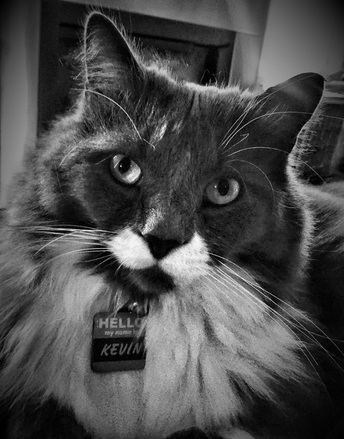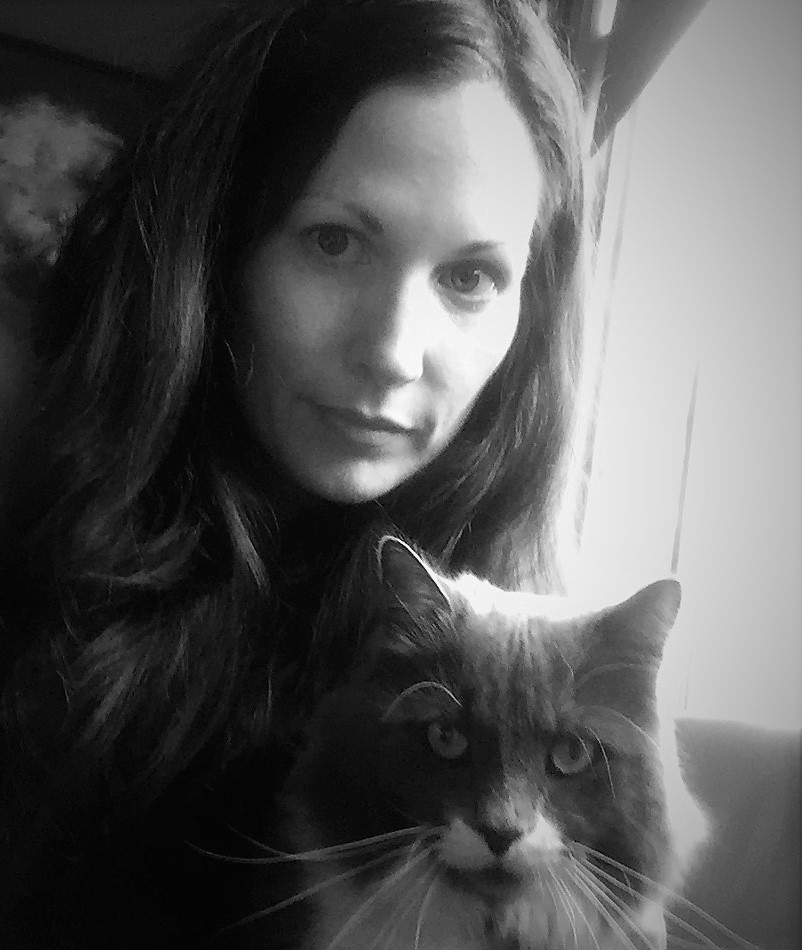|
How to be a single soul on a project team. For a cat, Kevin can be social. He doesn't need our human companionship, but he would get wet in the rain outside if he didn't have a house and he wouldn't have his food dish filled everyday. When he is warm and fed, is his behaviour being a loner or independent? Early humans needed to belong to the tribe so they wouldn't be outcast and eaten by the saber tooth. There was protection and food in being a part of the tribe. Fast forward a few hundred thousand years and we no longer need the tribe for protection and food. There are some individuals who do not want or need a tribe but have skills that can contribute to the greater good.
Our acceptance of individuals who do not require constant human contact has increased, however, there is still a social stigma for those who don't have coffee breaks with everyone else or do not attend office functions. It could mean that they have other things pressing in their schedule and have to use their time very wisely, not that they don't want to visit and chat with others (that is me), or it could mean that they really do not care for the companionship of others. Pushing an individual to always join can make them seem even more of an outcast. Accepting that they are individual and like their time alone can make them feel like they are understood. This doesn't mean leaving them off company emails or group invites; it means not singling them out for their lack of attendance at functions in front of others. If you are someone who doesn't require socializing, then you still need to at least say "hi" to your team everyday and on occasion ask how they are doing - if only to keep the project team happy for those who are social. Individuals who are typically team oriented and like to be social who become withdrawn and quiet require conversation with other team members. This could mean something is seriously wrong and intervention is needed. This is the same for someone who is typically independent and become the life of the party. There can be a personal issue causing the dramatic behavioural change. It should be natural for us to watch and note these changes in others, but I am writing about this as it is incredible how many managers do not observe any behavioural changes in team members. Individuals who are quiet are not necessarily unsocial. Many quiet folk are incredibly social. Another behaviour to be aware of - if someone is quiet, but attends team functions and builds relationships with team members, they are social. Individuals who are the life-of-the-office can be very insecure and lonely. This too is a behaviour to be accepted - within reason. Kevin becomes incredibly attentive when we return from a short weekend get-away. Then, he returns to his independent or loner behaviour. Does it work for our household? Yes, yes it does. Is he happy? Yes, yes he is. NOTE: The discussion between extrovert, introvert, ENTP, INFJ, etc.. character analysis was deliberately not a part of this blog. I will leave that to those the full-day workshops and HR teams - I am only giving the quick highlights of working with people for those who don't have time as they are busy socializing. ;)
0 Comments
Leave a Reply. |
Author(s)Fiona Warren - 17 years experience with large high-profile projects and teams. Archives
April 2018
Categories |



 RSS Feed
RSS Feed